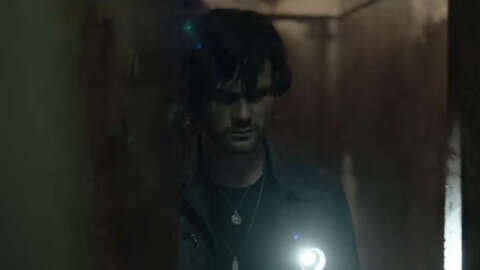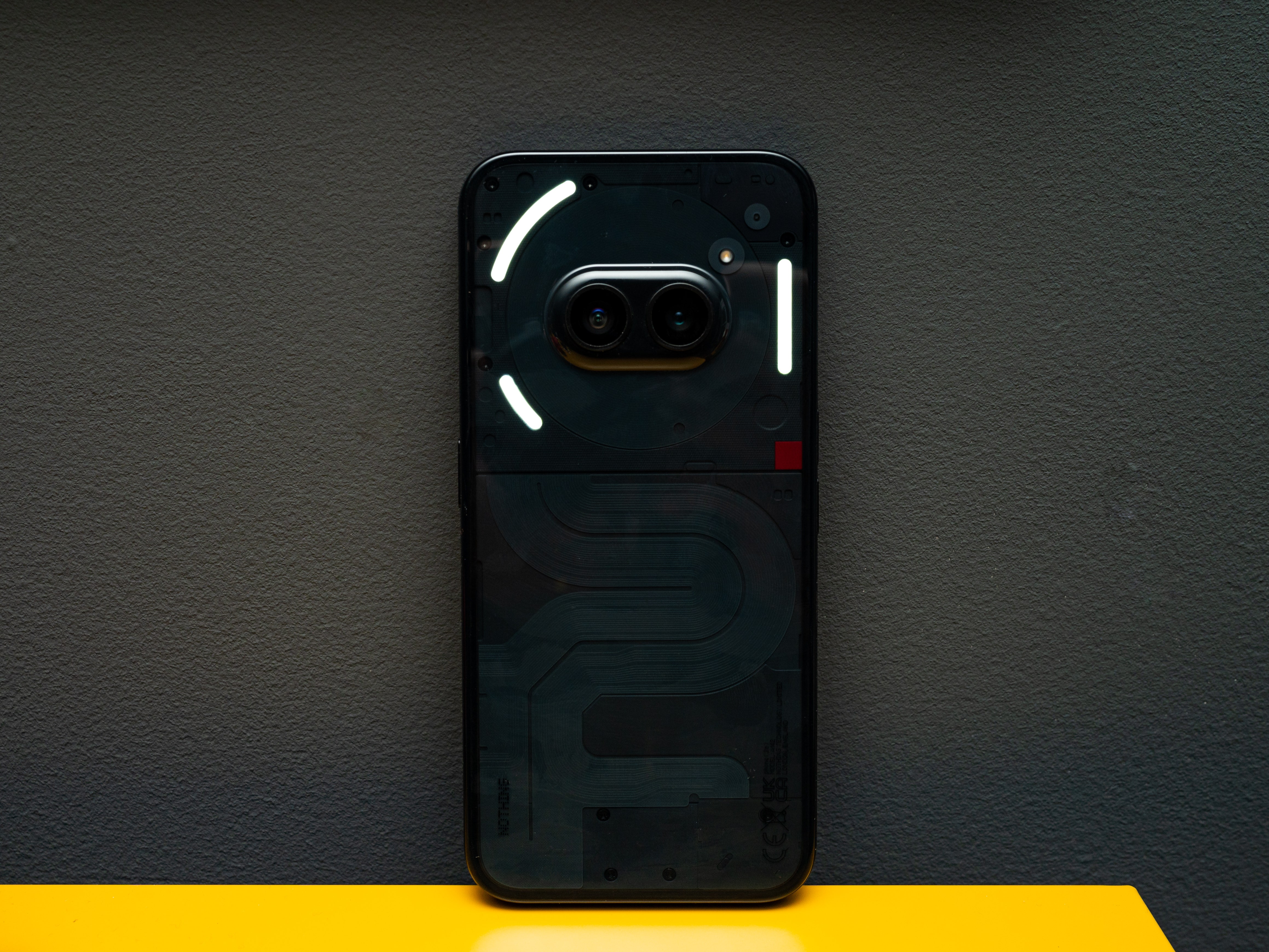The following is a non-spoiler review of the first three episodes of Echo, which is now streaming on Disney+ and Hulu.
The best action sequence of Echo’s first three episodes places the viewer in the headspace of the miniseries’ eponymous antihero. In an exquisitely executed single shot, we see Maya Lopez (Alaqua Cox) go from angry delinquent to formidable killer, a grief-stricken teen acting under the direction of father figure Wilson Fisk (Vincent D’Onofrio). This cathartic release is depicted as Maya, a deaf amputee of Choctaw heritage, might experience it, and the results are visceral: The fight plays out amid silence and the muffled chatter, knocks, shots, and blows traded between her new comrades and soon-to-be adversaries, all underscored by a thumping heartbeat. The dynamic cinematography, brutal choreography, and a thrilling cameo from elsewhere in the Marvel Cinematic Universe will whet fan’s appetites. But more importantly, the scene proves that an onscreen fight requires more than just rough-and-tumble – it should reveal something emotionally consequential about the combatant(s) by the final punch, too. In Maya’s case, she’s grown up and ready to burn the world down.
Echo is the inaugural release of the MCU’s no-prerequisites-necessary Marvel Spotlight banner, but it sure takes its time establishing Maya’s links to Marvel fixtures like Fisk and Clint Barton (Jeremy Renner). That's no bad thing considering how Netflix’s Daredevil and Disney+’s Hawkeye bucked the tired trends of the superhero studio’s colorful, PG-13 assembly-line output. Echo, like its direct predecessors, is reassuringly gritty, grounded, and unflinching in its violence with an enticing, culturally rich character journey anchoring its story.
In an efficient 30-minute catch-up, newcomers are acquainted with Maya, who Fisk took under his wing following the death of her father William (Zahn McClarnon). Revisiting and expanding on Hawkeye, the writing team led by Marion Dayre and Amy Rardin acutely offer Maya's perspective of the miniseries’ events and firm up her relationship with the Kingpin of New York before shooting headfirst into her mission to hijack his criminal enterprise after leaving him for dead. They also throw in some typical traumatic-childhood origin story to underline why she and her dad left the Choctaw Nation in the first place. The unresolved old wounds of her mother's death adds stoic weight to the shift into the present day and back to Maya's hometown in Oklahoma. These flashbacks aren't overindulgent but finely tuned to what viewers need to know before cracking on with Maya's renegade designs.
A classic Western flavor spices up the street-level stakes of episodes two and three, in which Cox's sardonic young gun recalls Charly Baltimore, the amnesiac CIA assassin played by Geena Davis in The Long Kiss Goodnight. Maya carries out a risky train job, contends with a posse of opportunistic rednecks, and brawls with some of Fisk's henchmen at a roller disco – darkly entertaining scenes that keep the tension and pace flowing while the writers unpack Maya's estrangement from her surviving family at a more deliberate tempo.
Chaske Spencer brings an earnest, sweetly flustered quality to the way Maya's uncle Henry "Black Crow" Lopez is unwillingly drawn into his niece's criminal schemes, and Graham Greene offers a kindly yet droll performance as her pawnshop owner grandfather, Skully. But it’s Maya’s relationships with the women in her life that make her friction with her family more apparent – unfortunately, she has limited interactions with her no-nonsense grandmother Chula (Tantoo Cardinal) and her BFF/cousin Bonnie (Devery Jacobs) in the first half of the miniseries. Bonnie sticks to the periphery until episode 3, but when her world finally collides with Maya’s, it’s in a humorously hostile confrontation.
There's a matriarchal theme running through the series that’s very much linked to Maya's Native American background. Each episode kicks off with a glimpse into the lives of her ancestors: The mystical origin story of the Choctaw people, a rip-roaring lacrosse game, and even a silent movie-style interlude showcasing the sharpshooting of one underestimated heroine. Maya's superhero moniker "Echo" hints at her advanced abilities being carried down across generations – a more holistic, inventive explanation of her canny fighting, expert marksmanship, and agility than the powers of imitation she has in the comics.
These first three episodes tee up further interrogation of Maya's emotional journey, but it's top-heavy. Where episode one serves up an intense dive into the making of a mafia boss you can root for, the latter two tip more in favor of the criminal conflict over the familial, which is just aching to have some more clarity and directness of dialogue. Still, directors Sydney Freeland and Catriona McKenzie deliver enough showmanship, intrigue, and deep-rooted drama to stoke anticipation for where Maya goes next.





